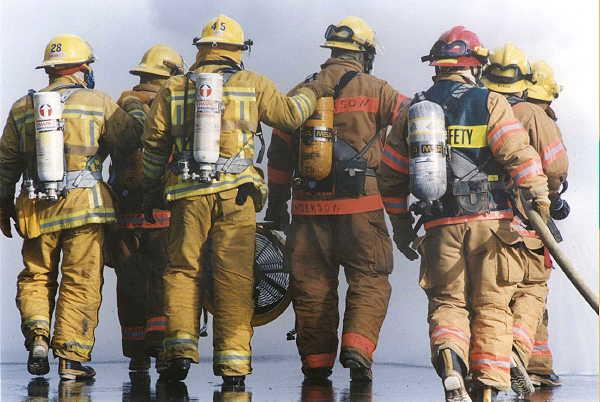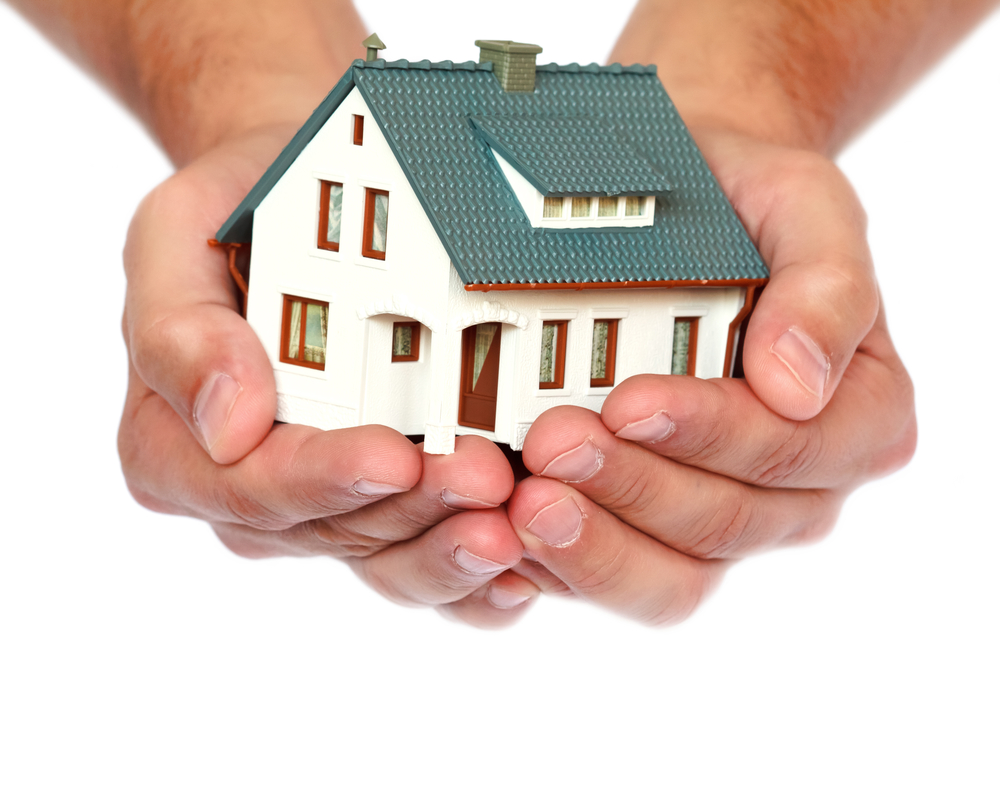If your home burned down, what would you do? This is a horrible thing to consider, but the fact is that you never know when or how it could happen. If you’re not prepared, then it could cost you a lot more than you might think.
So, to alleviate your concerns and ensure that you and your family stay safe, we’re going to talk about fire safety in the home and what you can do to protect yourself. Also, it’s imperative that you double check your insurance policy to see if you’re covered and what may be missing from your plan.
Don’t wait until it’s too late, be proactive today with these tips.
House Fire Statistics
The National Fire Protection Association (NFPA) tracks and documents residential fires across the country by year. According to their data, it seems as if Americans are becoming safer overall, but there is still a lot of damage being done.
In 2016, there were 352,000 residential fires. These resulted in almost 3,000 deaths, 11,000 injuries, and over $6.5 billion in damages. Although these numbers have been getting lower over the last decade, they paint a harrowing picture.
The overwhelming cause of house fires is due to cooking accidents. Whether you left the stove on or something caught ablaze while you were making dinner, over half (50.8%) of fires are a direct result of these incidents.
As such, it’s imperative that you and your family understand the risk factors and work to correct any issues before they cause a serious problem. Although you may be able to put the fire out before it causes catastrophic damage, you don’t want to experience that kind of situation if you don’t have to.
Common Risk Factors in Your Home
Your house may be more vulnerable to a spark than you may think. Every year, people start fires on accident, because they aren’t aware of how easy it is for something to ignite. Thus, we want to make sure that you have a fundamental understanding of what could cause a blaze to erupt so that you can plan accordingly.
Outlets
For the most part, you shouldn’t have to worry about these if your house is newer and up to code, but problems can arise if you try to plug too many items in at once. Although many extension cords and power strips are designed to shut off if the circuit gets overloaded, the outlet may still act up and pose a fire hazard.
Old Light Bulbs
If you’ve ever touched an incandescent light after it’s been on for a while, then you know that they can get scalding. If you haven’t upgraded to LED yet, you could be putting yourself at risk if one of these old bulbs touches something flammable. Thankfully, newer models are not only safer, but they save you a ton of electricity as well.
Stovetop/Oven
We’ve already mentioned that cooking is the leading cause of house fires, so we would be remiss if we didn’t stress it again. Everything that gets hot in your kitchen can be a potential hazard, from the pots and pans to the stovetop itself. Pay extra attention when cooking with oils as they are hard to put out when they ignite.
Candles
Since these have an open flame, it’s imperative that you treat them with caution. A romantic evening can turn into a disaster if you’re not careful, so watch where you place your candles and make sure that they are completely out when you extinguish them. Candle smoke can ignite, so just because there isn’t a flame doesn’t mean you’re safe yet.
Fireplaces
Even though these are usually well contained, an errant spark or ember can become deadly. Not only that, but the chimney collects all kinds of residue and debris that can ignite and spread throughout your home.
Heaters
Whether it’s a furnace on the wall or a space heater, these units can get extremely hot and pose a threat to you and your family if you’re not careful. Modern ones will usually have built-in safety mechanisms, but they can’t prevent all accidents from occurring.
How to Stay Safe
Now that we know what to look for it’s easier for us to plan accordingly and protect ourselves and our families. Here are some tips to remember when fire-proofing your home.
- Never leave cooking unattended. As soon as you walk away from your pot, pan, or stovetop, something could happen. It doesn’t take long for a fire to spread, so even a minute or two can be disastrous.
- Have a fire escape plan. We’ll go over the specifics of what to do in a fire in our next post, but it’s essential that you and your family have a plan in place should the worst happen. Usually, serious injury or death occurs because people panicked and didn’t know what to do.
- Have extinguishers handy. Places where fires happen naturally (i.e., stove, fireplace, etc.) should have an extinguisher nearby. Thankfully, you can buy small cans of foam or aerosol mixes that can stop a fire in its tracks.
- Clean your chimney. If you go months without using your fireplace, it’s crucial that you clean it out before tossing a match inside. There can be a harmful buildup of flammable materials that need to be cleared first.
- Keep combustible items away from heat. Drapes, clothes, paper products, and cooking oil can all ignite with little warning if they are exposed to enough heat. If there is a potential hazard in your home, clear the area around it as much as possible and keep it clear at all times.
- Inspect your electrical system. If your house is old, it may not be up to code. Getting inspected can prevent something terrible from happening when you least expect it.
- Check your smoke alarms. Although they can get annoying when they beep on low battery, these devices can be lifesavers. As such, don’t disrespect them or ignore them.
How to Keep Your Home Safe From Fire Series


